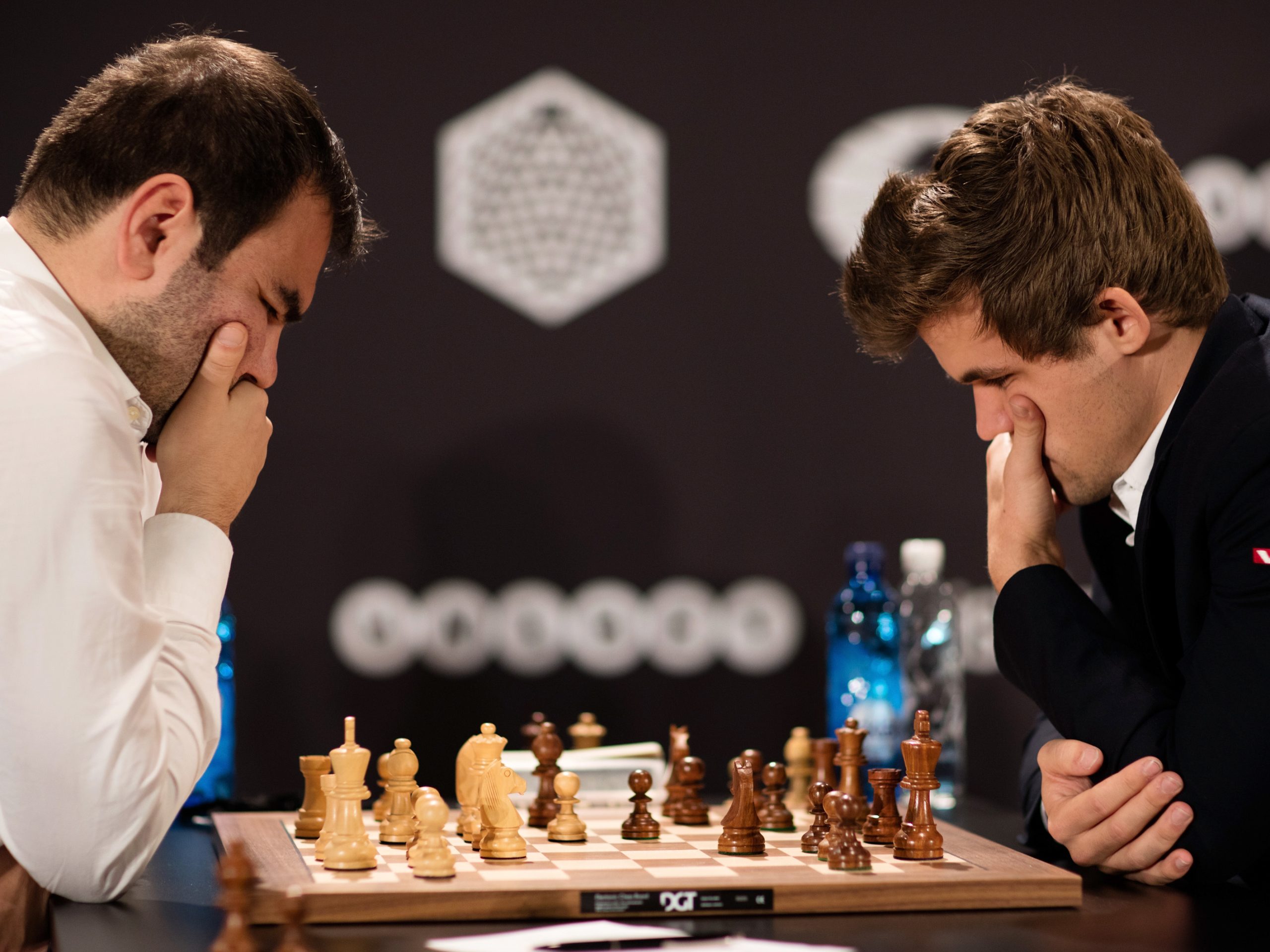amicitaacademy.com -Chess is more than just a game; it’s a captivating mind sport that combines strategy, tactics, and psychology. Known as the “royal game,” chess has attracted millions of players and spectators worldwide for centuries. This article explores the history, significance, and impact of chess as a sport, as well as its benefits for players of all ages.
A Brief History of Chess
Chess has a rich history that dates back over a thousand years. It likely originated in ancient India in the 6th century, where a game called Chaturanga was played. From India, chess spread to Persia and the Islamic world before reaching Europe in the Middle Ages. The modern rules we recognize today began to take shape in the 15th century.
The 20th century marked a significant era for chess, highlighted by world champions like José Raúl Capablanca, Bobby Fischer, and Garry Kasparov. During the Cold War, chess became a symbol of intellectual prowess, particularly in the rivalry between the United States and the Soviet Union. Today, chess is played at all levels, from casual games in parks to high-stakes tournaments featuring the world’s best players.
The Chessboard and Pieces
Chess is played on an 8×8 square board, with each player controlling 16 pieces: one king, one queen, two rooks, two knights, two bishops, and eight pawns. Each piece moves uniquely, adding to the game’s strategic depth. The objective is to checkmate the opponent’s king, placing it in a position where it cannot escape capture.
Chess as a Competitive Sport
Chess is recognized as a sport by the International Olympic Committee and has a formal competitive structure. Major tournaments, such as the World Chess Championship, attract top players from around the globe. Events can be held in various formats, including:
- Classical Chess: Longer time controls, often giving each player several hours for their moves.
- Rapid Chess: Faster time controls, typically allowing each player 15 to 60 minutes for the entire game.
- Blitz Chess: Quick games, usually with each player having 3 to 5 minutes on the clock.
- Armageddon: A tiebreaker format where White has more time, but if the game ends in a draw, Black wins.
Benefits of Playing Chess
- Enhances Cognitive Skills: Chess promotes critical thinking and problem-solving. Players analyze positions, evaluate potential moves, and anticipate their opponent’s responses.
- Boosts Memory and Concentration: Remembering past games, openings, and strategies improves memory and concentration. Chess players recall a wealth of information, enhancing cognitive function over time.
- Encourages Strategic Thinking: Chess teaches players to think ahead and develop long-term strategies, skills that are valuable in everyday life.
- Promotes Patience and Discipline: Chess requires patience and discipline, helping players appreciate thoughtful decision-making over impulsive actions.
- Fosters Social Interaction: Chess can be a social activity, played in clubs, schools, or online. It brings people together and fosters friendships among players of all skill levels.
Chess in the Digital Age
The internet has transformed chess, allowing players to compete globally, watch live streams of major tournaments, and access educational resources. Platforms like Twitch and YouTube have seen a surge in chess content, with grandmasters and enthusiasts sharing insights, analysis, and live commentary.
Conclusion
Chess is a timeless sport that transcends age, culture, and geography. With its rich history, competitive structure, and numerous cognitive benefits, it continues to attract new players and enthusiasts. Whether played casually in a park or fiercely in a tournament, chess remains a profound and strategic game that challenges the mind and brings people together. As we move further into the digital age, chess will undoubtedly continue to evolve and inspire future generations of players.

